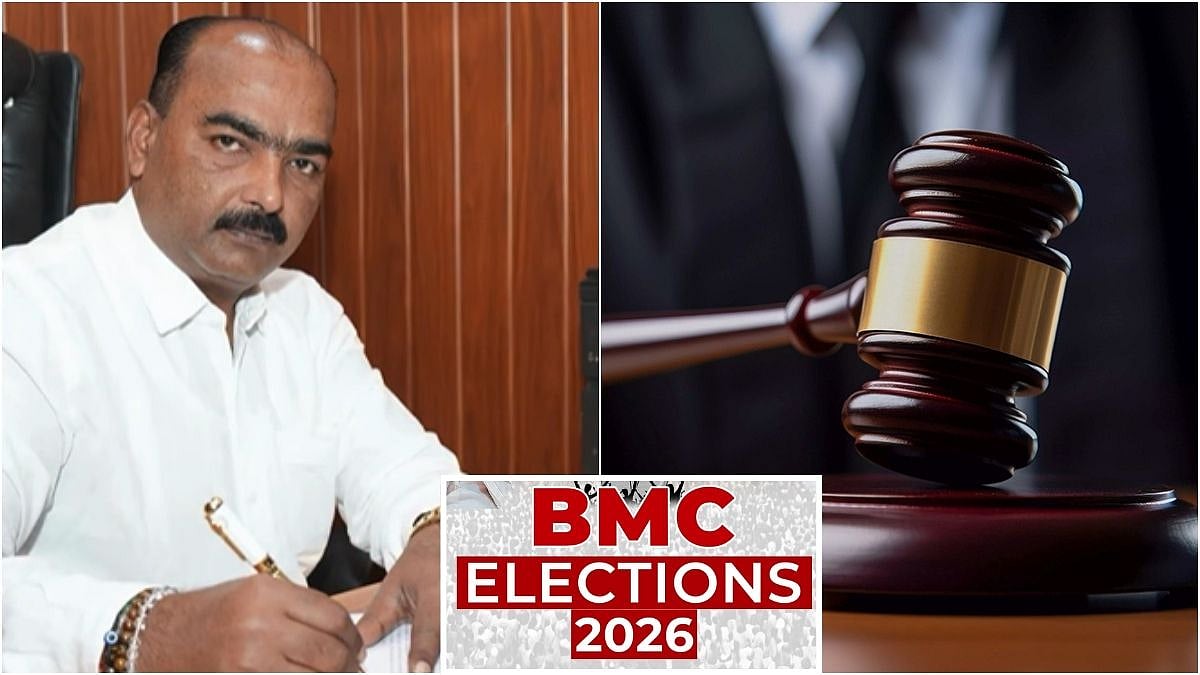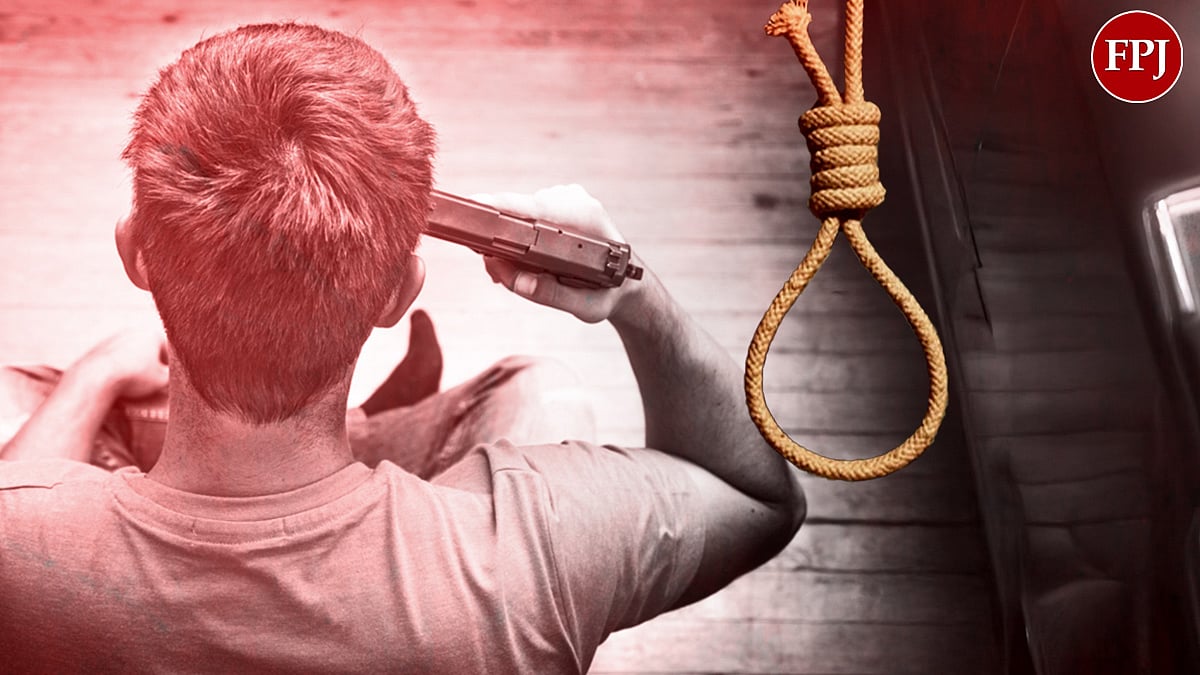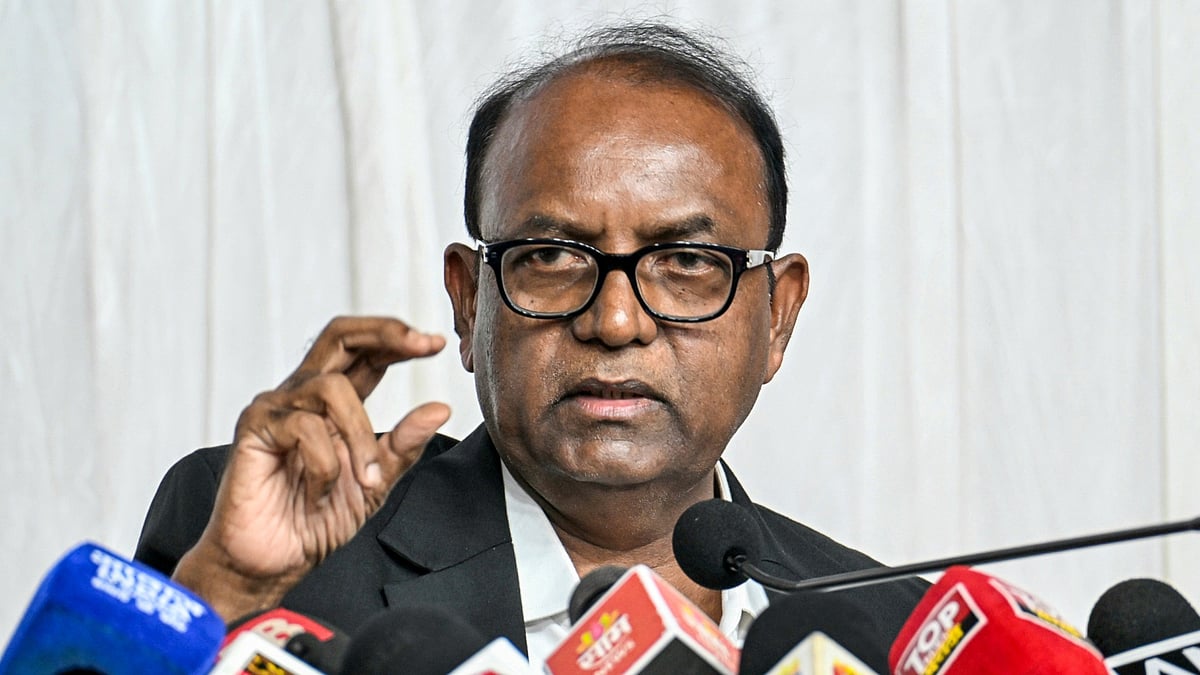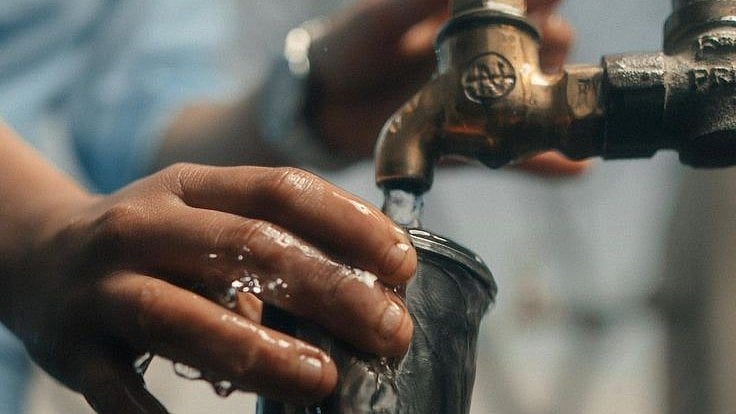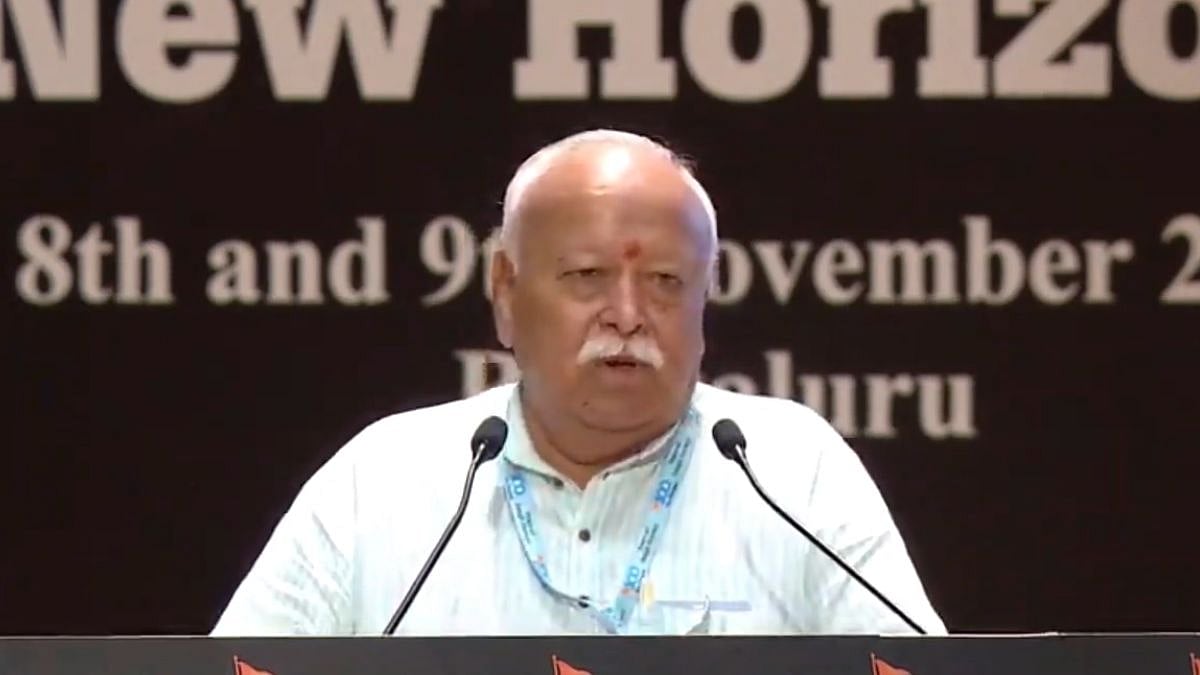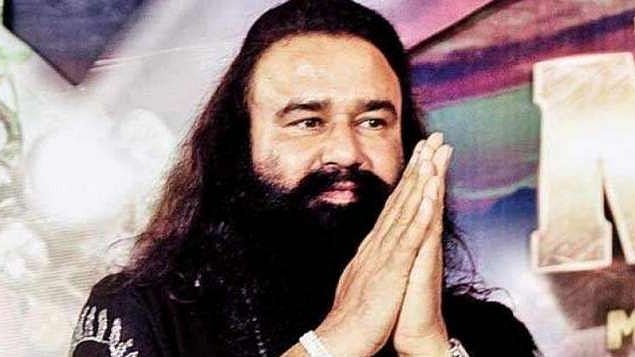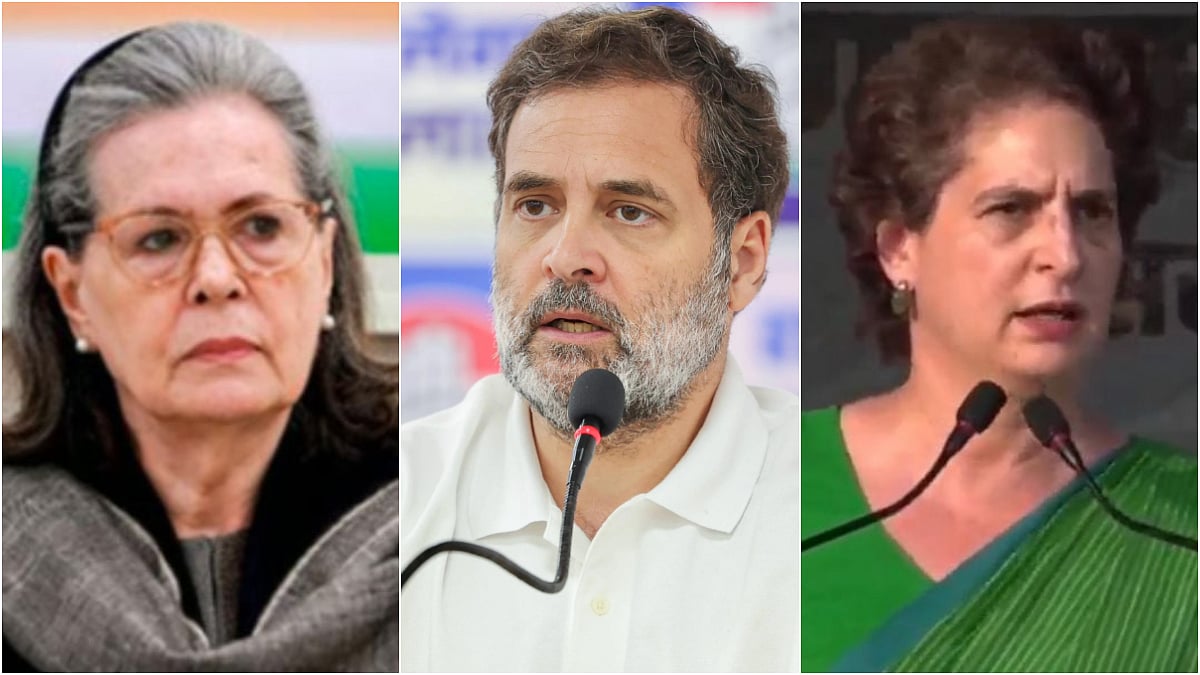Having transformed from a grassroots worker in the RSS to a global leader, Modi’s leadership has been marked by several triumphs, while also weathering significant criticism. A closer look at his governance reveals a complex blend of successes and shortcomings, reflecting his unique vision for India and the challenges of implementing sweeping reforms in a diverse, evolving democracy.
Challenges Before Modi: While Narendra Modi has achieved much in his tenure, the challenges ahead are numerous and complex. From economic recovery and job creation to managing social tensions and navigating geopolitical crises, his ability to address these issues will determine not only his legacy but also India’s path forward.
Navigating The Next Phase Of Leadership; As Prime Minister Narendra Modi approaches the later years of his political career, new challenges continue to emerge that will shape both his legacy and India's future. While his leadership has seen significant achievements, several hurdles remain that could define the next phase of his governance.
Economic Recovery & Job Creation; India's post-COVID-19 economic recovery is fragile, marked by uneven growth and persistent inflation. Rising living costs, exacerbated by global supply chain disruptions and high oil prices, continue to pressure the poor and middle class. Job creation, particularly for the youth, remains a daunting challenge. Despite efforts to boost manufacturing and infrastructure, unemployment rates have stayed high, especially in the informal sector, which was hit hard by demonetization, GST, and the pandemic. To secure economic stability, Modi will need to create more job opportunities in labour-intensive industries and strengthen small and medium enterprises (SMEs).
Agriculture & Rural Distress; Despite repealing the controversial farm laws, rural distress continues to simmer. Agriculture remains plagued by low productivity, poor infrastructure, and inadequate credit access. Many farmers still rely on unpredictable monsoons, and farm incomes lag behind non-farm sectors. Modi must address these systemic issues, improve rural infrastructure, and ensure that minimum support prices (MSP) meet farmers' needs. Avoiding another wave of protests while pursuing necessary reforms will be a critical balancing act.
Managing Social Tensions: Modi's tenure has seen rising communal polarization, with incidents like the Citizenship Amendment Act (CAA) protests and religious intolerance drawing both domestic and global scrutiny. While the BJP’s Hindutva agenda has consolidated its core base, it has alienated large sections of the Muslim population, creating social divides. Modi must find ways to foster social harmony, addressing the marginalization of minorities and easing the tensions threatening India's secular fabric. Failure to do so could lead to further unrest.
India-China Relations & Regional Security: Tensions with China remain a major geopolitical challenge. The 2020 Galwan Valley clash has left Indo-China relations strained, and despite diplomatic efforts, the military standoff along the Line of Actual Control (LAC) is unresolved. Modi faces the dual challenge of maintaining a strong stance against Chinese aggression while handling regional security issues, especially with unstable relations with Pakistan and the evolving situation in Afghanistan. Strengthening India’s military and diplomatic clout will be essential.
Environmental & Climate Concerns: India is among the most vulnerable nations to climate change. While Modi's government has set ambitious targets for renewable energy and emission reductions, the country still heavily depends on coal, and its cities suffer from severe pollution. Balancing economic growth with sustainability requires urgent acceleration of green technologies and stringent enforcement of environmental regulations. Moreover, Modi will need to manage the socio-economic impacts of climate change, especially in rural and coastal areas.
Strengthening Democratic Institutions: Criticism of Modi often focuses on the centralization of power and perceived weakening of India’s democratic institutions. Accusations of undermining Parliament, passing key legislation without debate, and side-lining opposition voices have raised concerns about the health of India's democracy. Modi must work to restore trust in these institutions by promoting transparency, accountability, and a greater emphasis on federalism. Encouraging more state involvement in policymaking will strengthen India’s democratic framework and prevent fears of one-party dominance.
Leadership Succession & BJP’s Future: As Modi approaches the twilight of his political career, the question of succession looms large. His unparalleled popularity has ensured the BJP’s dominance, but the party will eventually need to look beyond him for leadership. Managing internal party dynamics, potential rivalries, and ensuring a smooth transition of power will be key to maintaining the BJP’s cohesion and strength.
Modi’s Achievements: A Comprehensive Overview Economic Reforms: Narendra Modi’s tenure has seen significant economic reforms. The Goods and Services Tax (GST), launched in 2017, simplified India’s complex tax system, boosting interstate trade and widening the tax base. Another landmark initiative is Make in India, aimed at transforming India into a global manufacturing hub. The policy attracted notable foreign direct investment (FDI), particularly in electronics, defense, and pharmaceuticals, reinforcing India’s industrial capabilities.
Digital Revolution: The Digital India campaign has propelled India into the digital age, expanding internet access, especially in rural areas. A notable success is the Unified Payments Interface (UPI), which revolutionized digital payments, making India a global leader in cashless transactions. Aadhaar, India’s unique identification system, further streamlined welfare distribution through direct benefit transfers, reducing inefficiency and corruption.
Foreign Policy Initiatives: Modi’s pragmatic diplomacy has elevated India’s stature on the global stage. Strengthened relations with the U.S., Japan, and Israel, and leadership roles in forums like G20 and BRICS, have showcased India’s growing influence. His crowning achievement, the International Solar Alliance (ISA), underscores India’s leadership in sustainable energy and climate action.
Nationalism & Identity Politics: Modi has effectively channeled nationalist sentiment, aligning the BJP with Hindu pride and Indian sovereignty. Initiatives like Swachh Bharat Abhiyan and the abrogation of Article 370 in Jammu and Kashmir consolidated his image as a decisive leader, willing to make bold moves that resonate with domestic audiences.
Infrastructure Development: Under Modi’s leadership, India has experienced rapid infrastructure growth. Major projects like Bharatmala and Sagarmala improved national connectivity, while schemes like Pradhan Mantri Awas Yojana and Ujjwala Yojana provided housing and clean energy to millions of households, significantly improving living standards.
Modi’s Failures: Key Shortcomings; Job Creation & Economic Slowdown: Despite ambitious reforms, Modi’s government has struggled to generate enough jobs for India’s growing youth. The Make in India initiative, while attracting investment, failed to deliver on its promise of large-scale job creation in manufacturing. The 2016 demonetization policy, aimed at curbing black money, caused severe disruption to the informal sector without long-term benefits. Additionally, the economy has been sluggish since 2019, with growth rates falling short of expectations. The COVID-19 pandemic further intensified economic challenges, with unemployment surging and a slow recovery post-2020.
Farmers’ Protests & Reforms: Modi’s agricultural reforms sparked massive protests, with farmers fearing corporatization. The government’s eventual repeal of the three contentious farm laws in 2021 marked a significant political defeat. The year-long protests, especially from Punjab and Haryana, damaged Modi’s image as a leader capable of pushing through transformative reforms.
Communal Polarization: Modi’s leadership has been criticized for deepening social divisions, particularly along religious lines. The 2019 Citizenship Amendment Act (CAA) led to widespread protests, with critics arguing it discriminated against Muslims. Under his tenure, rising incidents of religious violence and hate crimes have raised concerns about the marginalization of minorities and the erosion of India’s secular ethos.
COVID-19 Mismanagement: While India’s vaccination drive was later praised, the initial handling of the pandemic was marred by chaos. The devastating second wave in 2021, marked by oxygen shortages and preventable deaths, exposed critical shortcomings. The sudden 2020 lockdown disproportionately impacted migrant workers, causing a humanitarian crisis.
Democratic Concerns: Modi’s tenure has seen accusations of weakening democratic institutions and centralizing power. Critics argue that the diminishing role of Parliament, pressure on the media, and interference with independent institutions threaten India’s democratic fabric.
Modi’s legacy will likely be judged on his ability to balance the competing demands of rapid development, social harmony, and democratic governance. As he continues to lead the world’s largest democracy, the ultimate test of his leadership will be how well he navigates India through its most pressing challenges, ensuring that his vision for a “New India” aligns with the diverse realities of its people.
(Writer is political analyst and strategic affairs columnist based in Shimla)

